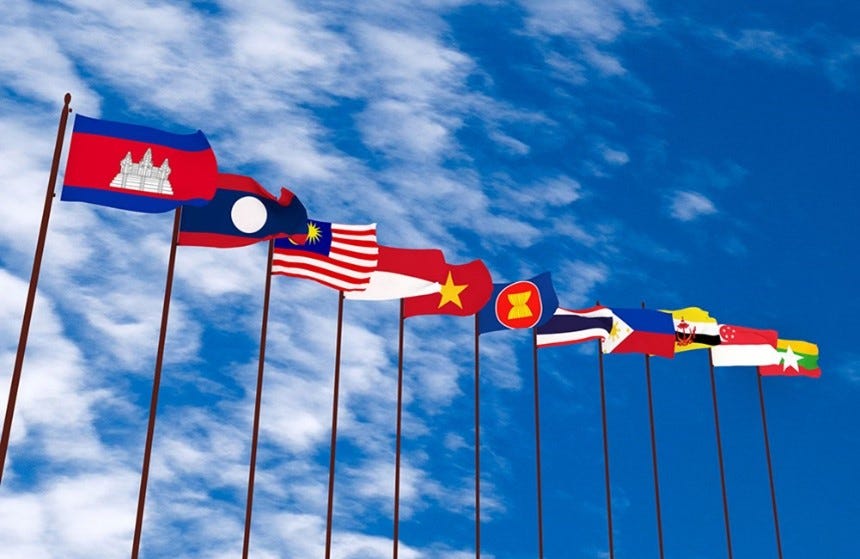Multipolarity Comes to the Asia-Pacific
The region navigates the US-China competition
By: Salman Rafi Sheikh
The nations of the Asia-Pacific are navigating global geopolitical tensions by refusing to become the battleground for the US-China competition to unfold. Instead of succumbing and, unlike in the Cold War, having to pick a side to offset this pressure, these states are navigating the rivalry in a way that advances the region’s interests. By refusing to take sides, they have humbled US ambitions of leadership (and regional dominance) to counter China on the one hand and forced China to engage with them not as its backyard but as equals despite Beijing’s posturing in the South China Sea.
This is most clearly evident in the ASEAN’s consistent push, without US mediation, for finalizing a Code of Conduct (CoC) for the South China Sea. If and when agreed and implemented, this framework is expected to limit China’s activity in the sea.
Although some of the countries – Singapore, Japan, the Philippines, and Australia – appear to have a ‘pro-US’ disposition, and others, Indonesia and Cambodia, appear pro-China, this is usually at the individual country level, which may not be an accurate description of their overall foreign policy behavior and goals…

